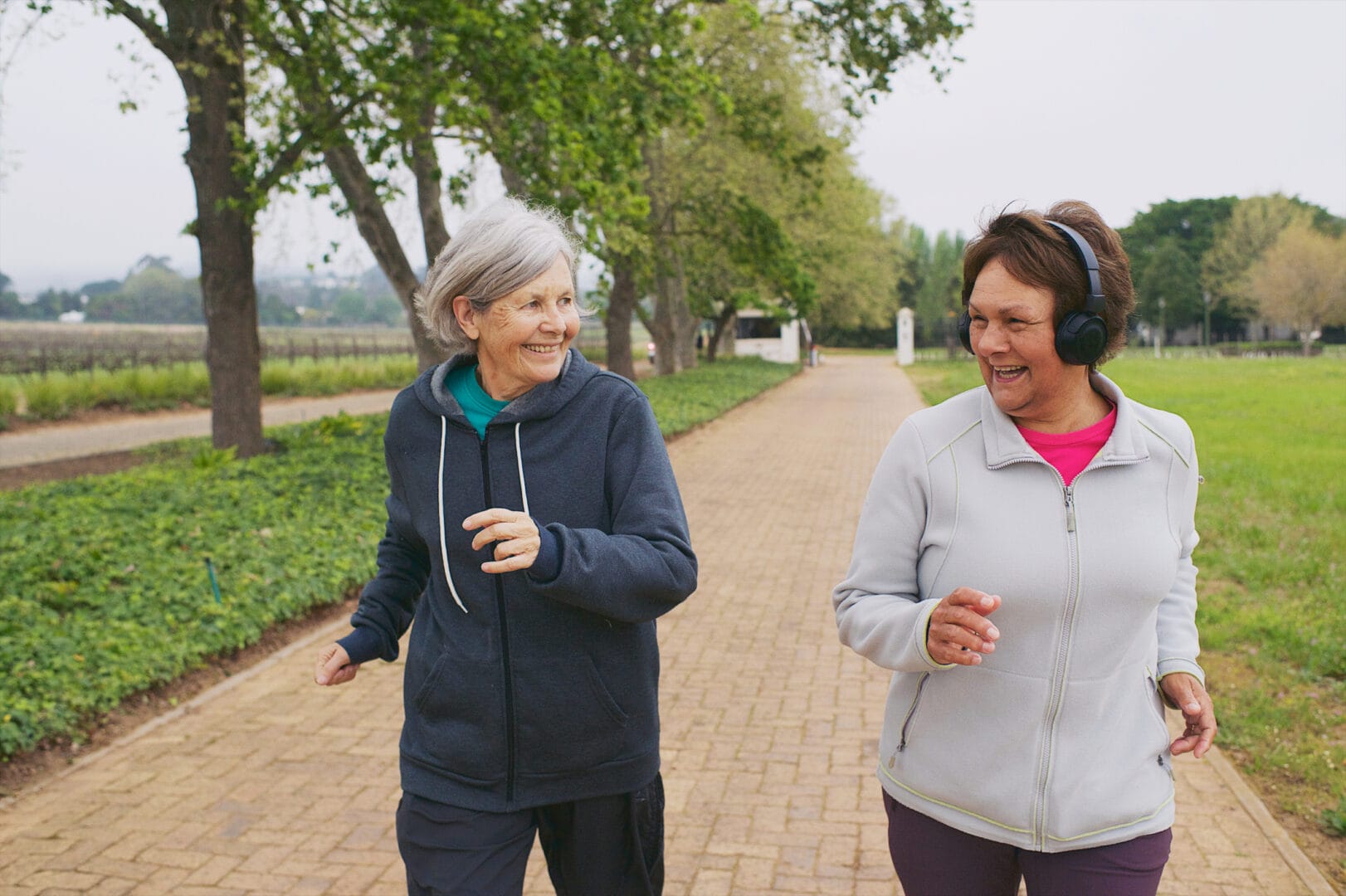Studies have shown that active aging is a pivotal factor in the aging process, particularly concerning subjective well-being. Individuals with limited physical activity engagement tend to experience higher levels of loneliness, depression, and anxiety. These findings highlight the intricate link between physical activity and mental health.
Breaking the Inactivity Cycle
Medical conditions, illnesses, and injuries often contribute to inactivity, creating a vicious cycle of depression leading to further inactivity. Recognizing this cycle is crucial in devising strategies to break free and enhance the overall well-being of older individuals.
The Exercise Prescription: A Holistic Approach to Health
There is compelling evidence supporting the correlation between exercise and mental health. Doctors and esteemed medical entities, such as the Centers for Disease Control (CDC) and the American College of Sports Medicine (ACMS), routinely recommend exercise as a key component in the treatment of various conditions, including diabetes, heart disease, hypertension, and osteoporosis.
Improving Health Status
While direct links between exercise and the causes of mental disorders are still being explored, it is clear that exercise improves health status. This improvement has a cascading effect on factors contributing to depression and anxiety, emphasizing the importance of an active lifestyle for overall well-being.
Stretching: A Gentle Exercise with Powerful Benefits
Stretching is considered a low-intensity exercise, making it an ideal treatment approach for individuals with activity or range of motion limitations. Its gentle nature makes stretching accessible to a wide range of individuals, contributing to a holistic approach to physical and mental health.
Boosting Cognitive Function and Mood States
Research suggests that even low-intensity exercise, such as stretching, has the potential to benefit cognitive function. Acute stretching has been shown to improve mood states and cognitive performance, particularly in physically inactive individuals. This makes stretching a valuable tool in promoting mental well-being.
Breathing Techniques: A Mindful Approach to Mental Health
Breathing techniques have demonstrated significant effects on decreasing anxiety, depression, and, in some cases, pain. The intricate feedback loop between emotions and respiration suggests that various forms of meditation, relaxation, and breathing techniques can counteract the effects of negative emotional states.
First-Line and Supplemental Treatments
Studies propose that breathing techniques could be used as first-line and supplemental treatments for stress, anxiety, depression, and some emotional disorders. This reiterates the importance of embracing both physical exercise and mindful practices in addressing symptoms and enhancing the quality of life for older adults.
In conclusion, incorporating the principles of active aging such as stretching and breathing exercises into a daily routine, can have a profound effect on the overall quality of life and promote positive subjective well-being for the older adult.





